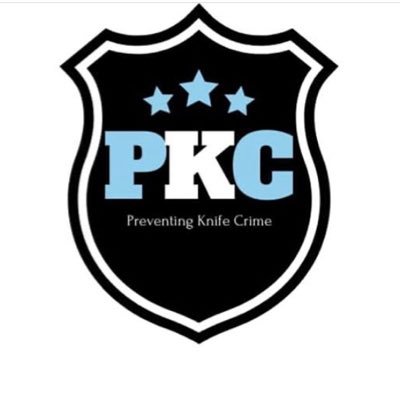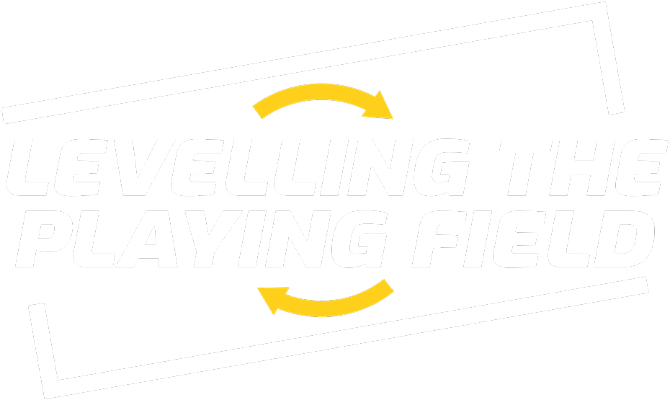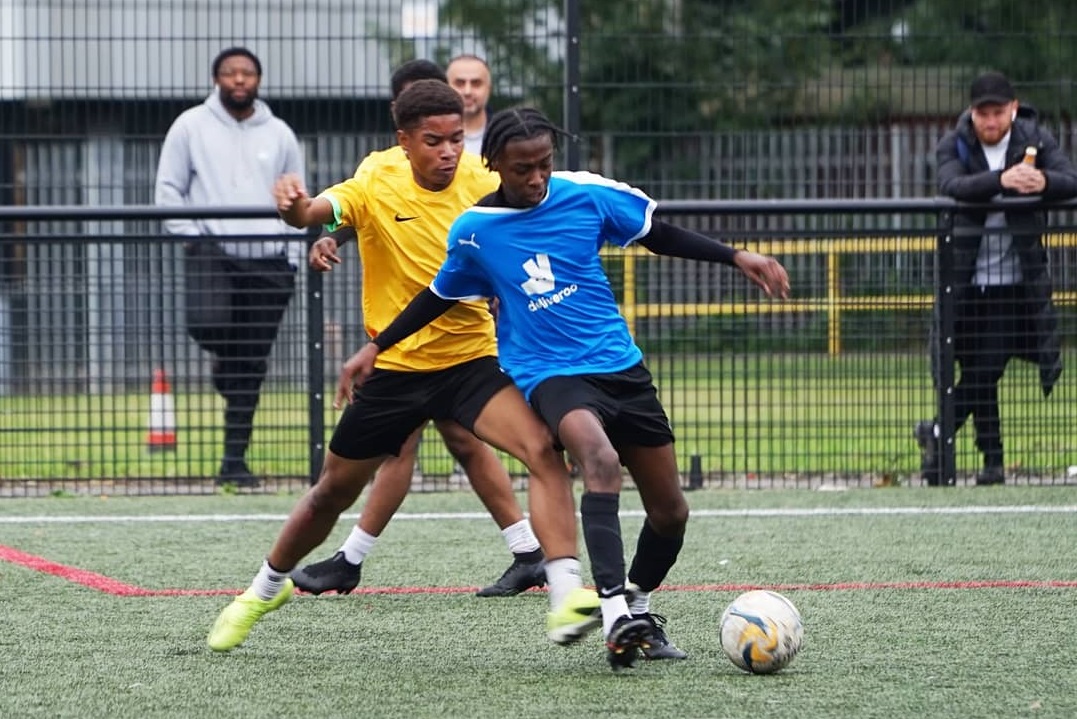The initials in PKC Football Academy stand for ‘Prevent Knife Crime’ - but the aims of our new Levelling the Playing Field delivery partners extend even further beyond that.
PKC nurture local young talent and promote social mobility - especially among under-privileged groups - in the ethnically diverse boroughs of Croydon and Sutton in South London.
Local youngsters aged from under 5s to over 20s come along to enjoy free football sessions. As well as keeping them active and being diversionary activity from street crime, the sessions are used to convey positive messages, engage young people in mentoring and offer further opportunities and pathways.

PKC have an obvious synergy with Levelling the Playing Field and have come on board as a delivery partner to help achieve our common goals:
- Increase the number of ethnically diverse children taking part in sport and physical activity
- Prevent and divert ethnically diverse children from becoming involved in the Criminal Justice System
PKC work with local police and the Croydon and Sutton youth engagement teams, who refer at-risk young people into their programmes. They are partnered with CroydonSaysNo, a group of parents whose lives have been affected by serious youth violence in the area. PKC have also linked up with Communities First who help them reach marginalised groups like asylum seekers who have been caught up in crime.
It’s fair to say PKC are deeply embedded in the local community.
PKC Academy Director, Marlon Williamson, leads a staff of nine volunteers including Laverne, who is part of a cohort undertaking LtPF’s mentoring training. Through the academy, they seek to bring the community together, promote cohesion and provide positive alternatives to the crime and violence that is so prevalent in the surrounding neighbourhoods.
“We aim to give kids an opportunity to achieve great things in sport and get the youth off the streets, making it a safer place for everyone,” says Marlon.
“Once that child sees a football they just want to play, so we try to balance that by bringing in police officers and those with lived experience [such as Paul Hannaford]. We talk about certain things in small groups pitchside - prevention, trauma, knife crime and gang-related issues.
“Our main goal is to support our young people's mental health and wellbeing through physical activity, mentoring and education on a weekly basis, engaging with parents and local authorities to ensure the youth are supported as they embark on their journey, developing life skills and the resilience to deal with the challenges they will face.
“Ultimately, we’re about bringing the community together, trying to eliminate these postcode wars. We hold events with all ages and organisations across London where we bring individuals from these gangs together, get them shaking hands and talking.

“I speak regularly to parents and children, giving them encouragement and support. Even when our players get to 17 and above, which is where they tend to stop coming, they’re still on my radar and I keep looking out for them. It doesn’t stop. I’m still there nurturing and guiding.”
Marlon began his working life in IT and accounting but the loss of his stillborn son prompted a change in direction. He began working with children with special educational needs and is now a freelance music teacher in local primary schools, as well as running PKC Academy voluntarily.
He has ambitious plans for the academy including an education programme offering training and qualifications. He also plans to mentor young black entrepreneurs, helping them get their business ideas up and running and guiding them through their journeys.
“I want to build confidence in young black people in this community,” says Marlon. “I believe many of the problems among black youths are around lack of self-worth. They’ve been beaten with that stick so long they start to believe it. That’s driven by the media. Negativity is a major issue.”
 For now, PKC Academy’s free sessions are having a positive impact on hundreds of local children every week in South London. By joining Levelling the Playing Field, they become part of a wider movement to effect positive change, contributing to an evidence base which will advance policy, practice and investment and support ethnically diverse children in leading active, crime-free lives.
For now, PKC Academy’s free sessions are having a positive impact on hundreds of local children every week in South London. By joining Levelling the Playing Field, they become part of a wider movement to effect positive change, contributing to an evidence base which will advance policy, practice and investment and support ethnically diverse children in leading active, crime-free lives.


